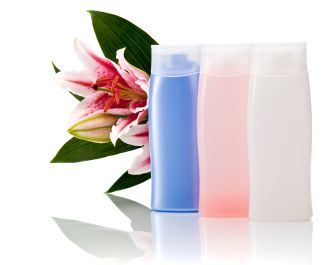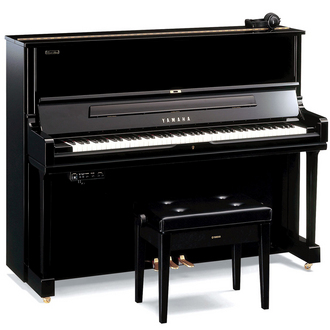Japan’s Teijin Limited has upgraded its BIOFRONTTM bioplastic with substantially improved resistance to hydrolytic degradation in hot and humid conditions.
The new BIOFRONT is at least 10 times more hydrolytic resistant than conventional commercial bioplastic, meaning that Teijin’s plant-derived bioplastic now offers virtually the same level of durability as polyethylene terephthalate (PET).
The product upgrade creates new opportunities for the plant-based material to be used in high-heat and high-humidity applications, such as automotive and electronics.
Launched in 2007, BIOFRONT is the world’s first mass-produced stereocomplex PLA, made with plant-based Poly-L-lacticacid polymer (conventional polylacticacid polymer) and their enantiomer poly-D-lacticacid polymer. This highly stable stereocomplex structure, based on Teijin’s polymer technology, has made possible the melting point that is over 40°C higher than that of poly-L-lacticacid polymer, putting BIOFRONT’s heat resistance on par with oil-based polybutylene terephthalate (PBT). As with other bioplastics, however, its polymers were susceptible to hydrolytic degradation in hot or humid conditions, meaning that BIOFRONT had limited applications in certain conditions compared to regular PET.
In response, Teijin developed new technology to control reactions against high heat and humidity at the molecular level of polymers. The result is the nearly complete elimination of such reactions without any impact on BIOFRONT’s intrinsic heat-resistance properties.
By proving levels of hydrolytic and hygrothermal resistance similar to engineering plastics such as PBT and PET, the new BIOFRONT is now suitable for a much wider range of applications. In addition to offering increased durability in its existing capacity as a car seat fabric, the new BIOFRONT can be used in components and materials exposed to harsh conditions in high-temperature or high-humidity environments.
Source: plastics.2456.com






